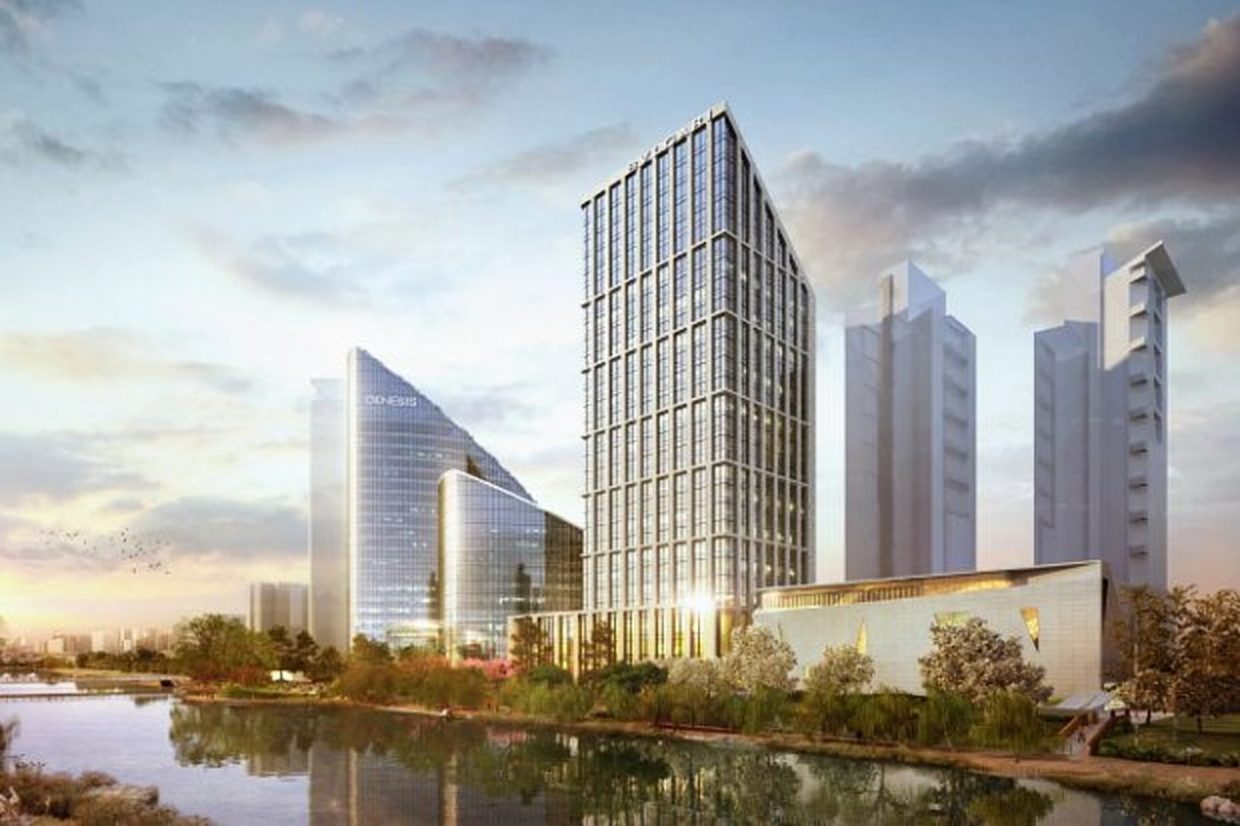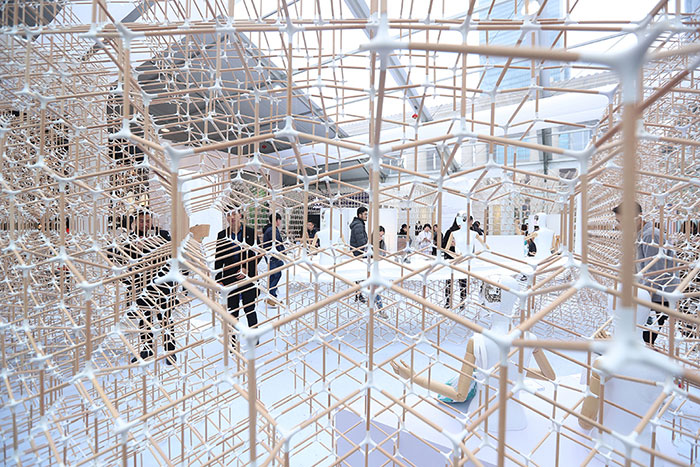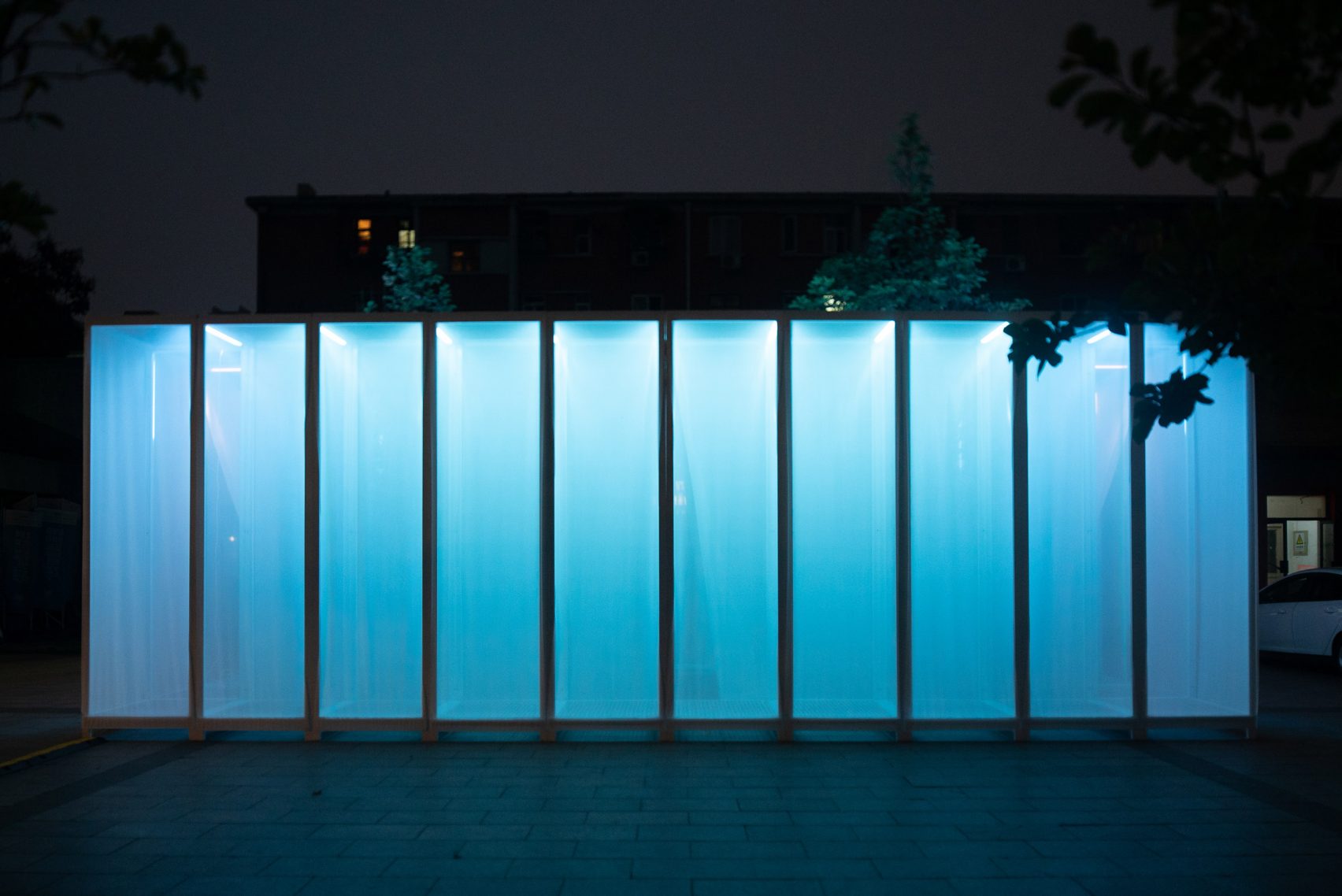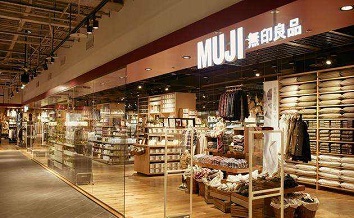New Bulgari hotel in Beijing to meet Chinese consumers’ demand for experiential luxury
Source:jingdaily
Bulgari’s fourth luxury hotel set to open in Beijing.

Bulgari’s fourth luxury hotel set to open in Beijing
Following the launch in Milan, Bali and London, the Italian jewelry and luxury goods brand Bulgari finally takes to the Chinese market. On September 27, it is set to unveil its fourth luxury hotel in Beijing’s Embassy District.
The hotel plan in Beijing was initially announced to the public in 2014. The new building was designed by the Italian architect and furniture designer Antonio Citterio who previously designed all the other Bulgari hotels. Citterio is renowned for blending traditional design with dramatic contemporary Italian architecture, and his work is a good match for the heritage Italian jeweler.
Silvio Ursini, Executive Vice President of Bulgari Group who is in charge of Bulgari Hotels and Resorts, told Women’s Wear Daily in an earlier interview that China was one of the key markets for their global expansion plan.
“The combination of the natural landscape with the artistic content will make this development a new benchmark for enlightened luxury living in the future.”
Bulgari’s luxury hotel chain is no stranger to China’s wealthy populace who frequently travel to Bali, Indonesia for vacation. Also thanks to some high-profile Chinese celebrity couples such as Yang Mi and Liu Kaiwei, Ruby Lin and Wallace Huo, who hosted their wedding ceremonies at the Bulgari Hotel in Bali, the ordinary consumers also got to know these places very well.
Chinese consumer interest moves from luxury goods to lifestyle
Tapping into the hospitality businesses to expand their traditional offerings is nothing new among luxury brands in China. Earlier this year, Baccarat’s Chief Operating Office (CPO) told Jing Daily that it would soon expand into the Chinese market as the country represents a “major future milestone” for the brand. Versace and Armani also have plans to open hotels in several Chinese metropolitan cities such as Chengdu.
Aside from hotels, many big players including Gucci and Salvatore Ferragamo have also opened cafes, restaurants, design studios and more to broaden their services and products, aiming to woo high-end Chinese luxury consumers who have become much more sophisticated about the notion of “luxury” than ever.
In recent years, a sizeable contingent of luxury buyers in China have moved forward to embrace a broader definition of “luxury,” which includes not only products and in-store services (the traditional notion), but also incorporates the luxury experience into every aspect of their daily life. Therefore, many brands have moved along with this emerging consumption behaviors to capture this market potential by offering a variety of experiential luxury events and activities to fulfill this new proclivity.
Compared to other traditional luxury hotels, the big-name luxury retail brand-turned-hoteliers like Bulgari hold a unique position to lead a transformation of Chinese people’s lifestyles. These brands typically have acquired a solid customer base in China after operating in the country for years. Moreover, the rich history and stories that older luxury brands have acquired serve as a good marketing resource for them, when they branch out into hospitality, to differentiate themselves from the traditional players.
Bulgari Hotels and Resorts plans to open three more hotels around the world in the next few years, namely Dubai (December 2017), Shanghai (2018), and Moscow (2019).
(Source: jingdaily.com)





 沪公网安备31010402003309号
沪公网安备31010402003309号



